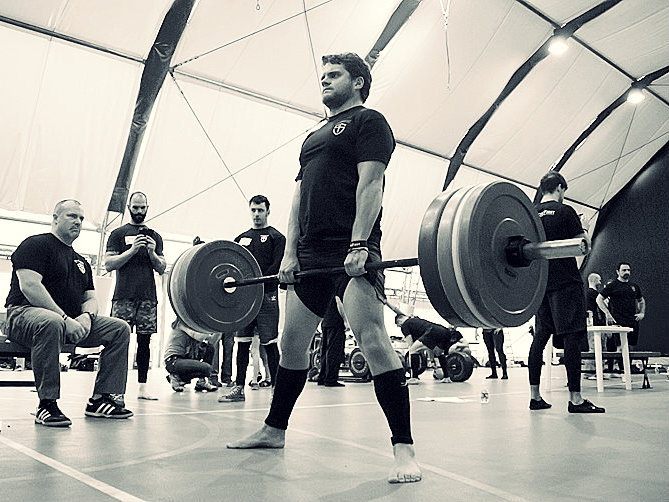Capsule
Level 3 Valued Member
I'm in the military and we typically only get 8 hours dedicated to sleep. But it obviously takes a little time to fall asleep and you need to wake up a little earlier so that you can shave, brush your teeth, and make it to PT 15 minutes early. So you're getting about 6 1/2 to 7 hours of sleep a night. 2-3 nights a week we also have a 2 hour firewatch shift that you're expected to be 15 minutes early to. On top of that you need to get dressed and undressed before and after each shift. On nights that you have firewatch you're probably getting 4 hours of sleep.
We are not allowed to sleep during the weekday outside our allotted sleep time and this policy is enforced by random checks on our rooms. As I write this my friend is sleeping in his rack after a 24 hour duty shift and we're keeping an eye out for him. On the weekends we're allowed to sleep in and can sleep all damn day if we wish. I wanted to know how such an inconsistent and restrictive sleep schedule affects strength training and how I can work around it. I don't care much for hypertrophy. My main goals are 30 pull-ups and 30 OAPUs and I do lots of pyramid workouts. Usually something like the Russian Fighter program applied to weighted pull-ups or OAPUs 5x a week. I currently weigh 210lbs and can perform 16 pull-ups so I'm halfway there. Only 5 OAPUs.
We are not allowed to sleep during the weekday outside our allotted sleep time and this policy is enforced by random checks on our rooms. As I write this my friend is sleeping in his rack after a 24 hour duty shift and we're keeping an eye out for him. On the weekends we're allowed to sleep in and can sleep all damn day if we wish. I wanted to know how such an inconsistent and restrictive sleep schedule affects strength training and how I can work around it. I don't care much for hypertrophy. My main goals are 30 pull-ups and 30 OAPUs and I do lots of pyramid workouts. Usually something like the Russian Fighter program applied to weighted pull-ups or OAPUs 5x a week. I currently weigh 210lbs and can perform 16 pull-ups so I'm halfway there. Only 5 OAPUs.
Last edited:

